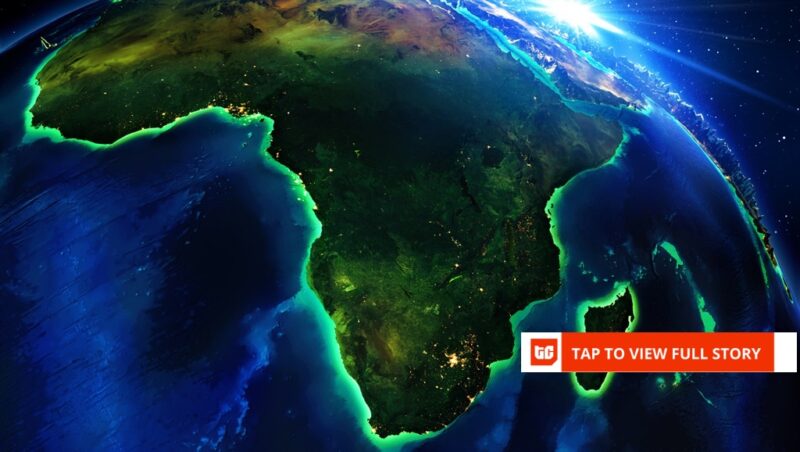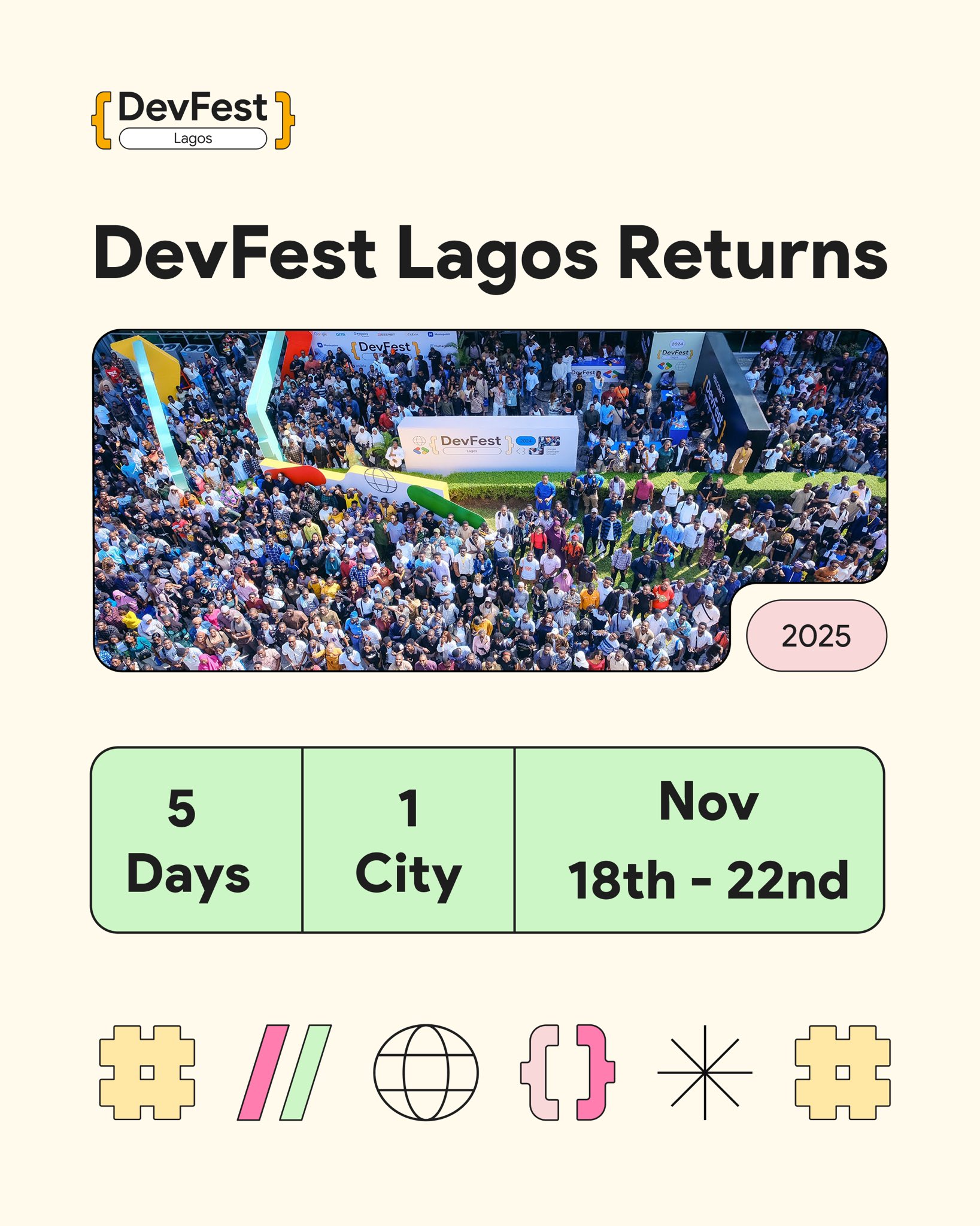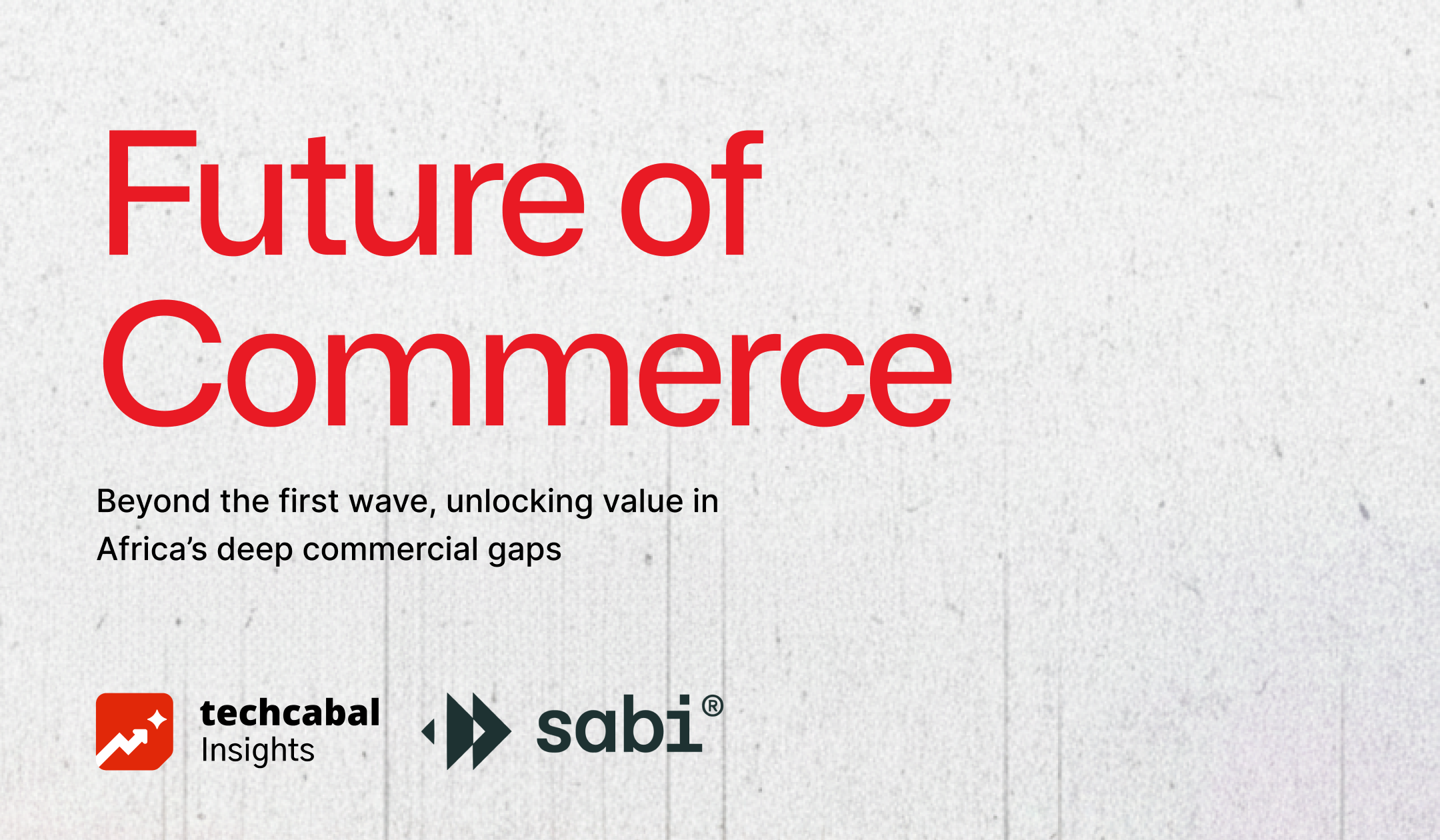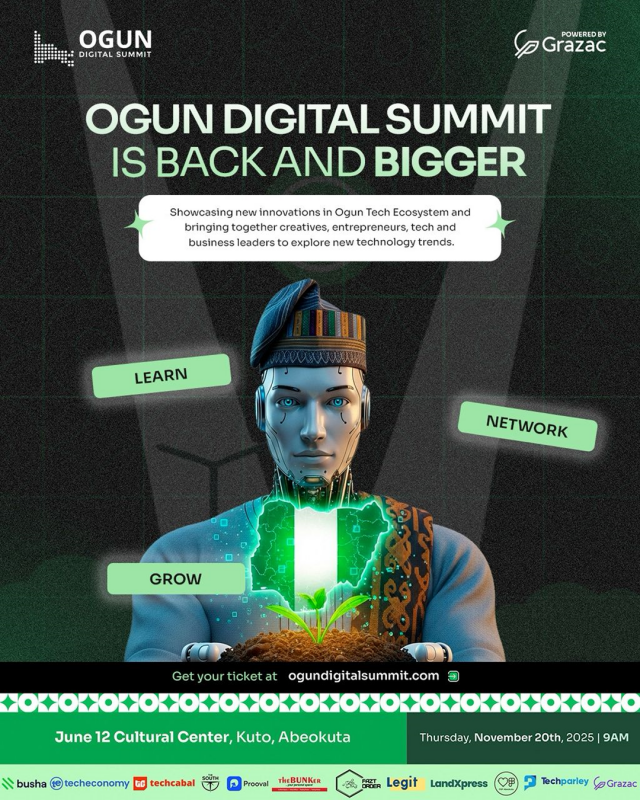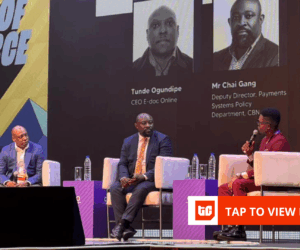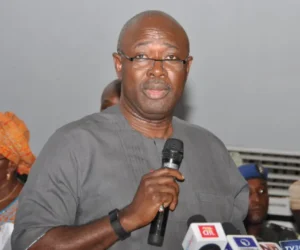I’ve written this before, back in May, in a piece titled “Why Africa’s tech dream is political.” I argued then that Africa’s next wave of innovation would be shaped not by who raises the most money or who builds the flashiest solution, but by those who can navigate power. I didn’t expect to be revisiting that argument so soon. But after the past two months, it’s impossible for me not to.
IBecause how do you talk about “building” when countries are literally burning, and very few people in the ecosystem seem to care?
Two weeks ago, Tanzania went dark. Not figuratively, literally. The government shut down the internet and electricity for a week during a disputed election. The digital blackout alone has cost the economy approximately $72 million, and that’s before accounting for the longer-term losses to business confidence and trade. Add to that the ongoing ban on X, which has now been in effect for more than five months and has cost the country an estimated $165 million. In total, Tanzania’s digital blackout has cost the economy nearly $238 million.
You would imagine this would cause shockwaves through Africa’s tech scene. After all, this is a continent that pins its economic future on digital transformation, startups, increased connectivity, and cross-border trade. But the silence has been deafening. Apart from NALA money co-founder Benjamin Fernandes, who was directly impacted by the shutdown, no major founder condemned the blackout.
Cameroon and Côte d’Ivoire also held elections that bore a painful resemblance in October. Opposition figures were jailed or intimidated, and their strongholds suppressed. In the end, the incumbents stayed, protests crushed — ending another election cycle with no hopes for reforms.
The startup world has unashamedly moved on, because we’ve incentivised silence over doing the right thing.
Next Wave continues after this ad.
Death by governance
It’s as if there’s an unspoken belief that technology exists in a separate dimension from politics — that if we build enough, the rest will somehow fix itself. The players in the ecosystem, including tech journalists, treat governance as background noise. Yet the more you look around, the clearer it becomes that politics and policy are not the background; they are the ground itself. And that ground is cracking.
Kenya, the region’s self-proclaimed “Silicon Savannah,” offers a glimpse of how brittle this illusion has become. A fortnight ago, in the lakeside city of Kisumu, an entrepreneur jumped to his death moments after leaving the Kenya Revenue Authority (KRA) offices. Local media reported that his accounts had been frozen in a tax dispute. His death sparked quiet anxiety among small business owners, many of whom confessed on social media to living in similar fear of arbitrary enforcement or unrefunded VAT claims.
The same week, KRA won a court case against Sendy, a logistics startup that shut down in 2023. It was a bureaucratic triumph over a corpse, symbolic of an institution more interested in extraction than enterprise.
When I report some of these issues, I don’t see them as isolated tragedies. They point to a collapse in the social contract between African states and their actual builders. The taxman, regulator, and policymaker act not as enablers of innovation but as predators of it. Governments praise “digital transformation” in speeches while quietly suffocating it in practice back at home.
The result is a peculiar disconnect from reality, a continent touting its startup prowess abroad while strangling its entrepreneurs at home.
We know the problem. We don’t say it
Every September, during the UN General Assembly, African presidents fly to New York to tell the global community that Africa’s biggest problem is perception, that the world misprices African risk. They’re not entirely wrong. However, they overlook the part where that “risk” isn’t just perception, but policy.
Next Wave continues after this ad.
When governments shut down the internet during elections, courts take five years to resolve commercial disputes, and tax regimes change mid-year, investors aren’t overreacting. They’re responding.
A 2023 report by UNCTAD estimated that political and regulatory uncertainty cost African economies about $45 billion in lost FDI annually. The World Bank’s African Pulse report for 2025 found that startups cited policy unpredictability as a major barrier to scaling.
So, when founders say “macroeconomic headwinds,” what they really mean is that we can’t trust the system. And when investors say “uncertain business environments,” they mean the same thing. This is not misplaced risk. It’s a risk we’ve earned.
The moral quiet of the builders
What worries me most is that founders, investors, and even journalists have become accustomed to treating this dysfunction as normal. We live in a moral quiet.
When the internet goes dark, we shrug. When opposition figures are jailed, we stay neutral. When entrepreneurs are crushed under arbitrary taxes, we refer to it as “regulatory friction.” Then we wonder why capital won’t come.
No African unicorn founder spoke up after the Tanzania shutdown. No major fund commented on the elections in Cameroon or Côte d’Ivoire. No startup body asked how these events affect investor confidence in Africa’s “digital economies.”
It’s as if we’ve collectively agreed that silence is the price of survival — that you can’t build and speak at the same time.
But silence isn’t neutral. It normalises decay. It tells governments that they can continue doing this, and we’ll continue building anyway. It suggests that African innovators prioritize optics over systems.And that’s dangerous — because eventually, the silence comes for the builders too.
The myth of building despite politics
The first wave of African tech, between 2015 and 2022, was built on the hope that technology could leapfrog politics. That is, if fintech could fix payments, if e-commerce could digitise supply chains, and if startups could “move fast,” the rest would follow.
Next Wave continues after this ad.
For a while, that seemed plausible. Startups raised $5.2 billion in 2021, according to Partech. The number of African tech workers doubled between 2018 and 2022. Governments created “innovation hubs.” The world noticed.
But you can’t leapfrog bad governance forever. Eventually, politics catches up.
In Nigeria, currency volatility and dollar scarcity have crippled cross-border startups. In Ethiopia, reforms gave way to conflict. In South Africa, energy insecurity has led to load-shedding becoming a way of life. In Kenya, the government has taxed almost every digital service imaginable — from mobile loans to Netflix subscriptions.
Each of these crises erodes the notion that innovation can exist outside the state. You can build despite bad roads. You can build despite low internet penetration. But you can’t build despite broken governance.
Because governance determines everything from how you obtain a license to how you are taxed, whether your data remains online, and whether your contract holds up in court.
What’s missing is courage
The next phase of African innovation won’t be about who raises what. It’ll be about who speaks up.
We need founders who understand that politics isn’t a distraction; it’s an essential part of infrastructure. That stable tax codes, independent courts, and accountable leadership are as vital to scaling as venture capital.
We need investors who stop treating political dysfunction as an externality — something to be “priced in” — and start treating it as a red flag. Investing in countries that jail journalists and shut down the internet isn’t optimism. It’s negligence.
And we need governments to realise that you can’t tax your way into prosperity. That startups and small businesses aren’t cash cows, they’re fragile systems that need room to breathe before they can contribute meaningfully.
If the first generation of founders built around power, the next must build through it. That means engaging policymakers, not flattering them. It means calling out dysfunction even when it’s inconvenient. It means recognising that the right to build depends on the right to speak.
Next Wave continues after this ad.
The question that won’t go away
Some people will say this sounds cynical. But look around. The continent’s most promising economies, such as Nigeria, Ethiopia, Kenya, and Angola, are facing fiscal crises. The IMF says 21 African countries are either in debt distress or at high risk of it. Elections are increasingly violent, with Uganda, Kenya, and Nigeria to go to the polls between now and 2027. Taxes are getting heavier. Investor confidence is wobbling.
And yet, the startup scene continues to talk as if the next unicorn is just around the corner.
It’s the optimism I admire most about this ecosystem, and the denial that worries me most. Because if we don’t start addressing the political and governance foundations of our economies, then every boom will end with a crash we pretend we didn’t see coming.
You can’t build on sand and expect permanence, nor can you remain silent and expect accountability. You can’t create in fear and wish to be free.
The sector cannot keep treating governance as background noise while expecting growth to continue, because power shapes who gets to build, who gets to scale, and whether those gains can last. If founders, investors, and policymakers want real progress, they will need to engage openly with the systems that set the rules for businesses to operate, raise questions when those systems fail, and acknowledge that silence carries a cost. Speaking about these issues is not a distraction from building, it is part of building, and avoiding the conversation only delays the work that must be done for any meaningful future to take shape.
Next Wave ends after this ad.
Adonijah Ndege
Senior Reporter, TechCabal.
Feel free to email adonijah[at]bigcabal.com, with your thoughts about this edition of NextWave. Or just click reply to share your thoughts and feedback.
We’d love to hear from you
Psst! Down here!
Thanks for reading today’s Next Wave. Please share. Or subscribe if someone shared it to you here for free to get fresh perspectives on the progress of digital innovation in Africa every Sunday.
As always feel free to email a reply or response to this essay. I enjoy reading those emails a lot.
TC Daily newsletter is out daily (Mon – Fri) brief of all the technology and business stories you need to know. Get it in your inbox each weekday at 7 AM (WAT).
Follow TechCabal on Twitter, Instagram, Facebook, and LinkedIn to stay engaged in our real-time conversations on tech and innovation in Africa.

